


Honda Celebrates 25 Years Of The Civic Type R
- Introduced in 1997, Civic Type R has been continuously refined to deliver the ultimate front-engine, front-wheel drive experience.
- The Type R name has been synonymous with delivering an unmistakable mix of enthralling dynamics and high-performance engines.
- Crimson Honda badge has now been applied to six generations of Civic.
- Latest variant becomes the performance halo of the Honda range
Honda’s iconic Civic is celebrating two anniversaries this year: 50 years of continuous production and 25 years of the high-performance, race-derived Type R variant, which rewrote the rulebook on what a hot hatch should be. Despite being born as the more attainable Type R, the Civic variants embody the Type R philosophy the maximum thanks to exquisite engineering and engaging dynamics. Over six generations, the formula has evolved to deliver the ultimate front engine, front wheel drive performance hatchback to customers. One that can comfortably handle the daily commute from Monday to Friday, before tackling the circuit at weekends.

EK9 (1997-2000): An affordable, accessible Type R for all
The Type R nameplate can be traced back to the 1992 Honda NSX Type R, which raised the bar on performance and dynamic ability, but was only available in extremely limited numbers. Applying the Type R philosophy to the Civic followed a similar engineering ethic to the Integra and NSX to offer an engaging, rewarding drive. The EK9 was offered to the Japanese market only and had a high-end specification; including a hand-ported 1.6-liter DOHC VTEC engine that produced a highly impressive 116bhp-per—litre, a lightweight seam-welded shell that contributed to a total vehicle weight of just 1050kg, paired with a helical Limited Slip Differential (LSD), and unique suspension components to completely transform the driving experience. Launched to outstanding reviews, the EK9 set in motion the pursuit of the ultimate front-engine, front wheel drive performance hatchback.

EP3 (2001 – 2005) A European take on the Type R
As a result of the overwhelming success of the first-generation car, the second-generation was offered across Europe; thanks, in part, to now being manufactured in the United Kingdom. The new car introduced an all-new, and now iconic 2.0-liter DOHC i-VTEC ‘K’ series engine that redefined what a normally aspirated two-litre engine could do. It too featured uprated brakes, a precise, close-ratio six-speed transmission and a shell that made extensive use of high-tensile steel to increase torsional static rigidity by 80% over the EK9. Toe-control link strut suspension in the front and reactive-link double-wishbone suspension at the rear combined with new electric power steering (EPS) and variable gear ratio (VGR) for highly rewarding steering feel and feedback.

FN2/ FD2 (2007-2011) Type R – two ways
The third generation Civic Type R was unique in that the European and Japanese models differed dramatically. Europe received the FN2-based hatchback, which retained the proven 2.0-liter engine, but introduced a new chassis that moved the fuel tank beneath the front seats to improve interior space and flexibility. Japanese customers were instead offered the FD2 saloon, which offered an even more focused driving experience thanks to additional items such as a more powerful K20A engine, a helical LSD and powerful Brembo brakes. The saloon’s increased weight was countered by extensive use of structural adhesives instead of welding, and aluminium in both the chassis and panels.

FK2 (2015-2017) Introducing the VTEC TurboA
As market and regulatory expectations shifted, the move toward turbocharging was inevitable. Honda engineers worked meticulously to develop the K20C1 turbocharged 2.0-liter engine that offered explosive performance thanks to a 310PS output. In order to better control that significant increase in power, Honda introduced its Dual Axis Strut Suspension paired with a limited-slip differential to counter the torque-steer encountered in high output front wheel drive cars. The 2015 Civic Type-R sprinted from 0-100km/h in just 5.7 seconds and came equipped with large diameter (351mm) front discs that formed part of the high-performance Brembo braking system. The FK2 proved a formidable base for a competition car, winning several TCR Touring Car titles across the globe.

FK8 (2017-2022) The Ultimate Sports hatchback
Arriving in 2017, the FK8 was the ultimate evolution of the Civic Type R. A significant evolution of the FK2, the new car gained a host of new mechanical features such as adaptive dampers, and further revisions to the K20C1 engine to boost power to 320PS. The model also introduced downforce to the equation for an even more intense drive; the external aerodynamic package worked in unison with an advanced, almost flat underfloor, to actively contribute to negative lift. The model also made its debut in the United States, with the region leading global sales for the car.

FL5 (2022-) Ultimate Sports 2.0
Launching later this year, the all-new generation car further evolves, matures, and refines technologies that have been developed over several generations. Whilst new technologies and refined aerodynamics have helped set the bar higher once again, a clear lineage can be traced back to the FD2 generation with the incremental revisions resulting in the fastest, most rewarding and addictive Civic Type R ever built. Already the track record holder at Suzuka, the 2022 Civic Type R is a fitting way to celebrate 30 years of the Type R nameplate.
More information on the all-new Civic Type R can be found on the link below:
https://hondanews.eu/eu/en/cars/media/pressreleases/407784/honda-unveils-all-new-civic-type-r
Latest News

Honda Jazz wins the ‘Small Car of the Year’ at the What Car? Car of the Year Awards 2022

Five decades of Civic and driving songs: Honda celebrates the road trip playlist to launch All-new Civic model

The New Civic Drive Train

HONDA CELEBRATES FIVE DECADES OF ICONIC CULTURAL MOVEMENTS AS THE HONDA CIVIC TURNS 50

HONDA UNVEILS ALL-NEW CIVIC TYPE R

HONDA UK WINS THE 2022 DRIVER POWER DEALER SURVEY

Honda Celebrates 25 Years Of The Civic Type R

All-new Civic E:hev Awarded Car Of The Year 2023 By Parkers

NEW HONDA CIVIC e:HEV MAKES THE FINAL SIX OF AUTOBEST 2023

ALL-NEW HONDA CIVIC e:HEV ACHIEVES TOP FIVE-STAR SCORE IN LATEST EURO NCAP TESTS

HONDA CIVIC TYPE R AWARDED CAR OF THE YEAR AWARD AT THE 2022 TOPGEAR.COM AWARD

Honda Civic e:HEV awarded Scottish Car of the Year 2022

HONDA WINS AT THE WHAT CAR? 2023 CAR OF THE YEAR AWARDS

2023 ZR-V

HONDA CONFIRMS PRICING AND SPECIFICATION FOR THE NEW CR-V

The Honda Civic Type R Triumphs in News UK Motor Awards 2023

Honda Civic e:HEV wins ‘Best Hybrid’ at the 2024 Carbuyer Best Car Awards

Honda Jazz e:HEV wins ‘Best Used Hybrid’ at the 2024 Carbuyer Best Used Car Awards

Honda Civic Type R named Performance Car of the Year at the 2023 TopGear.com Awards

Go Electric - Fantastic monthly payment on All-new e:Ny1 Elegance SUV for finance customers

Honda has been crowned ‘Car Brand of the Year’

Honda 0 Series Saloon Wins ‘best Of The Best’ In Design Concept Category At Red Dot Design Awards

HONDA CREATES WORLD’S ‘SILVERIEST’ CIVIC TO CELEBRATE 25 YEARS OF ITS PIONEERING HYBRID TECHNOLOGY
Honda has revealed a one-of-a-kind Civic e:HEV sprayed in the world’s most silver paint to celebrate 25 years since the brand launched Europe’s first ever hybrid model – the Insight – in September 1999.
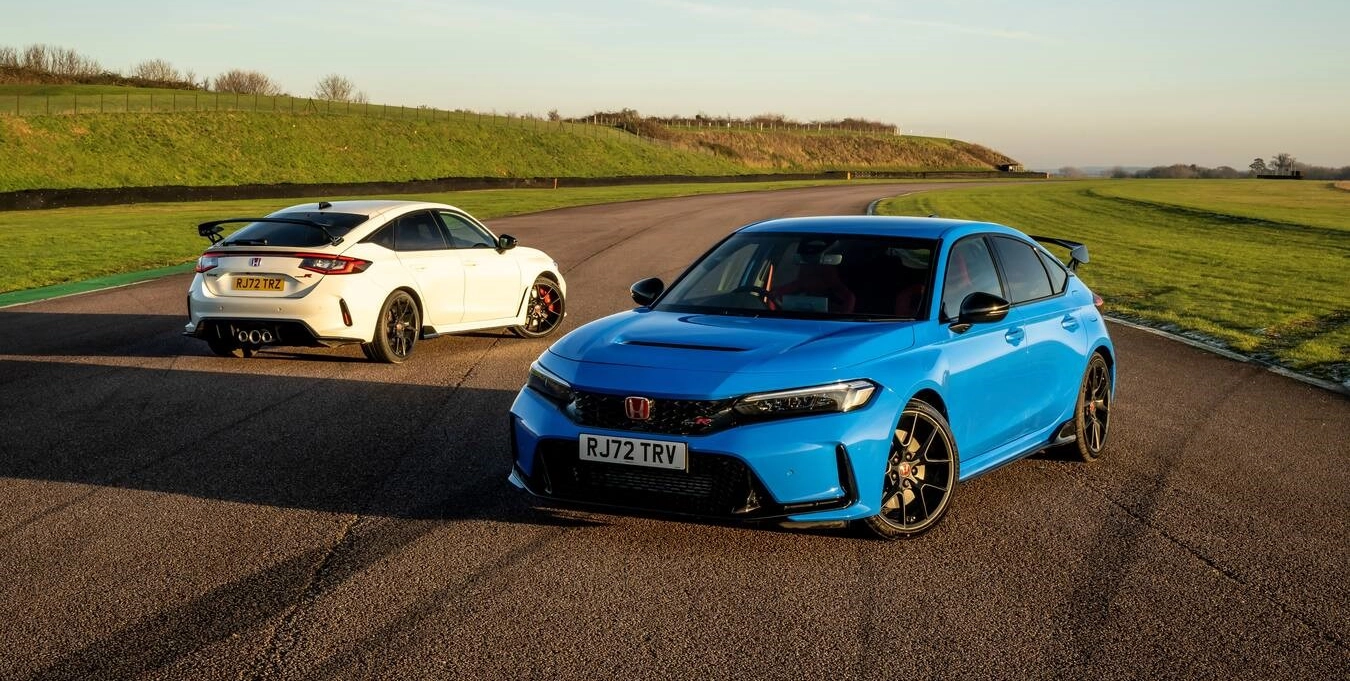
The Honda Civic Type R Secures Hat-Trick at the Auto Express New Car Awards 2025
The Honda Civic Type R has claimed the coveted Hot Hatch of the Year title for the third year running at the 2025 Auto Express New Car Awards, further solidifying its status as the ultimate performance hatchback.
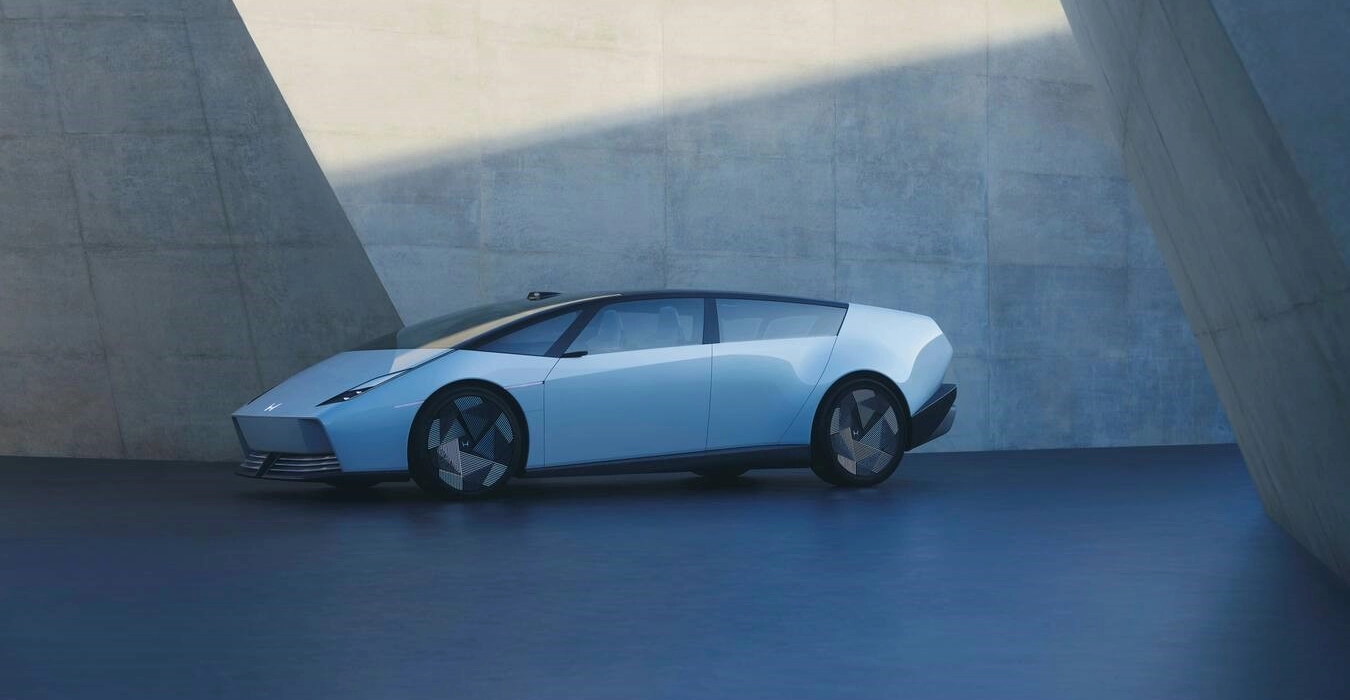
Honda 0 Series Saloon wins ‘Best EV Design’ at 2025 TopGear.com EV Awards
Honda's innovative 0 Series Saloon has been honoured with the "Best EV Design" award at the 2025 Top Gear Awards. Further recognising the models groundbreaking approach to electric vehicle aesthetics and functionality.
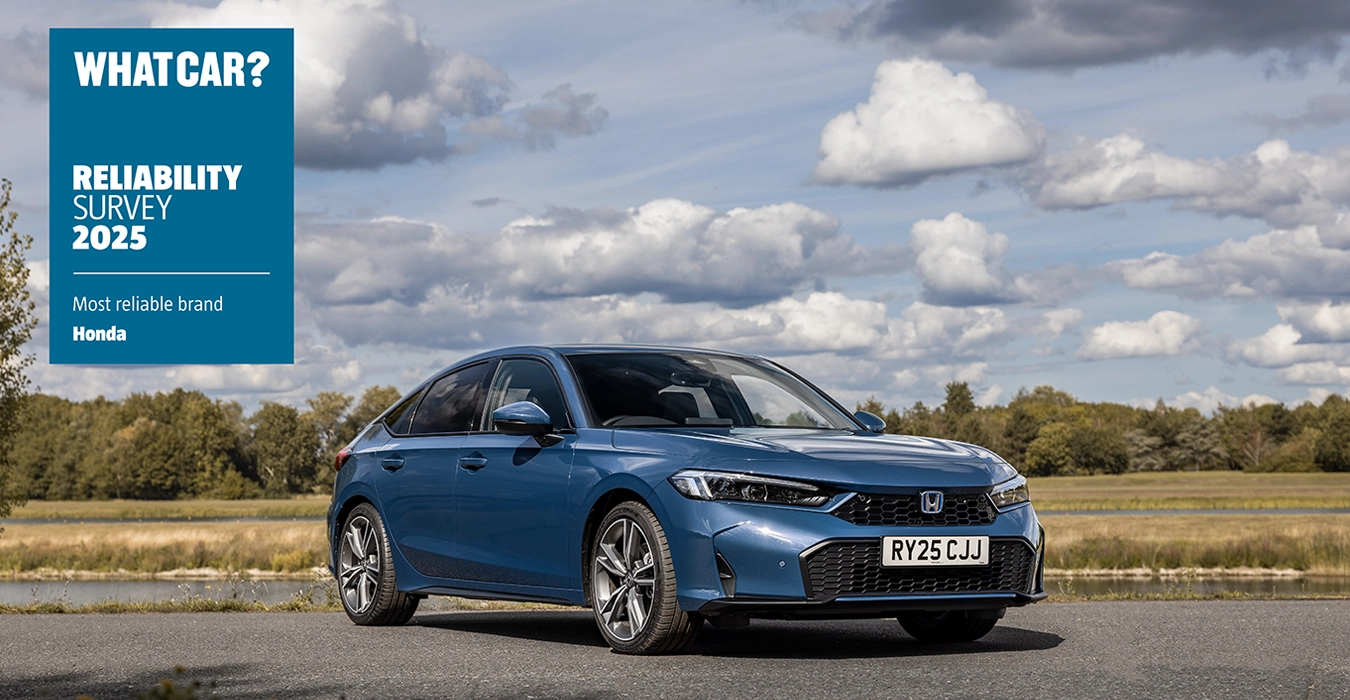
Honda Tops 2025 What Car? Reliability Survey with Outstanding Score
Honda Motor Europe (UK) is proud to announce that it has secured first place in the respected 2025 What Car? Reliability Survey. With an impressive overall score of 96.6%, Honda has once again demonstrated its commitment to engineering excellence and customer satisfaction.
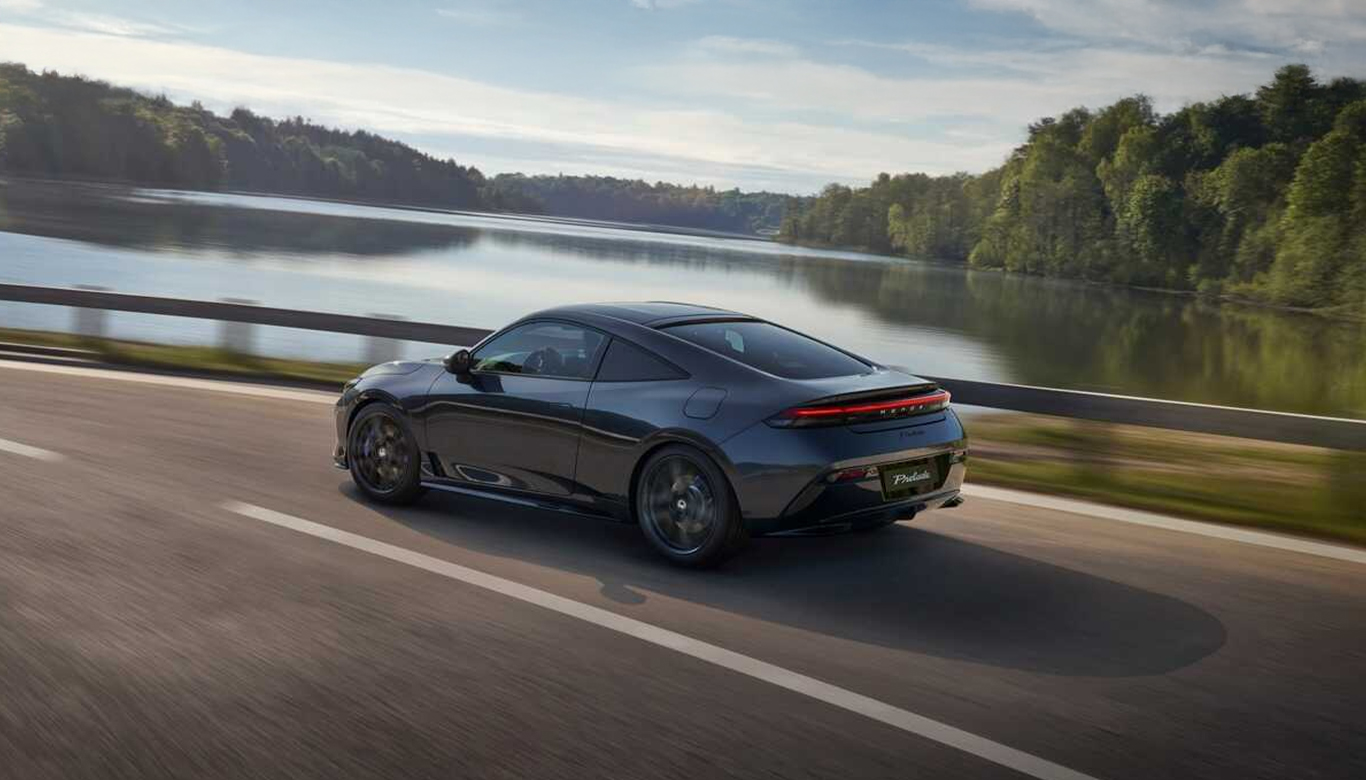
Honda Prelude Reviews
With the Honda Prelude on the Horizon, see what the experts are saying as anticipation builds for the return of an icon, automotive publications around the world are weighing in on the all-new Honda Prelude. From its sleek design to its performance promise, the Prelude is already turning heads. Dive into the latest reviews, insights, and first impressions from the industry’s most trusted voices.
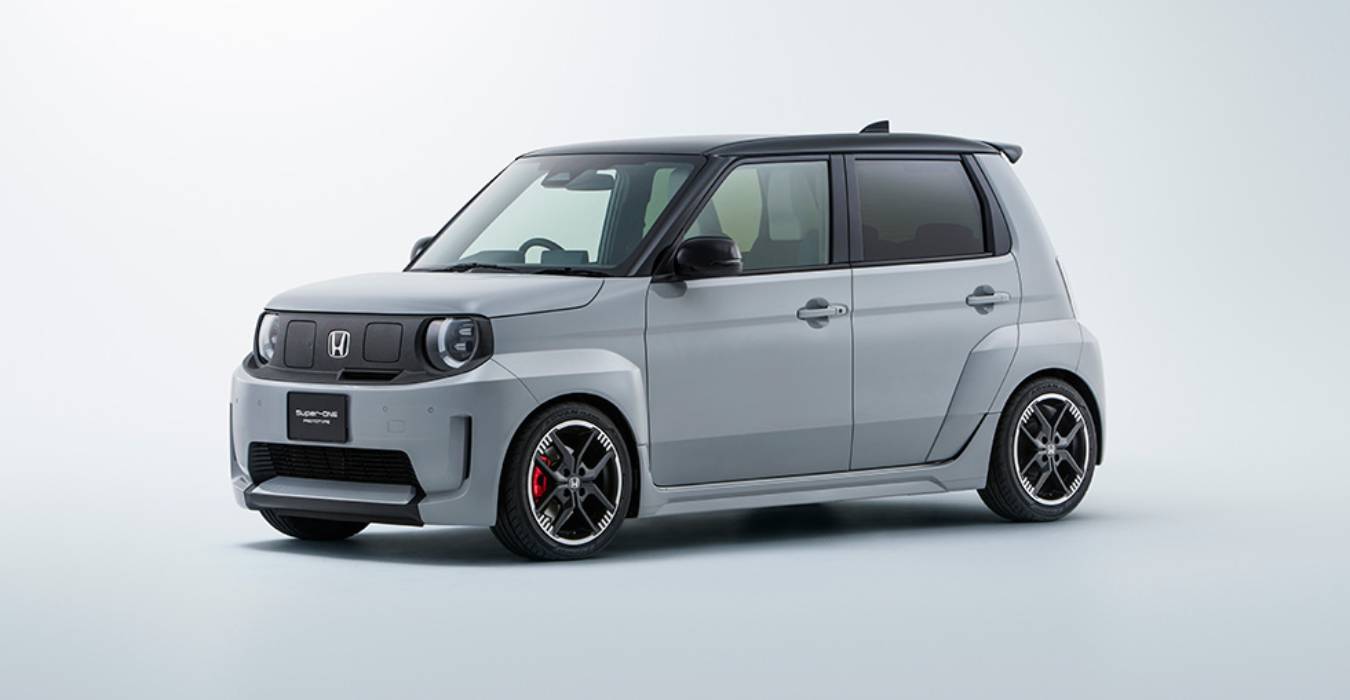
Honda Presents World Premiere of Super-ONE Prototype Compact EV at Japan Mobility Show 2025
Offering a new EV driving experience that creates excitement and an uplifting feeling in people’s daily lives
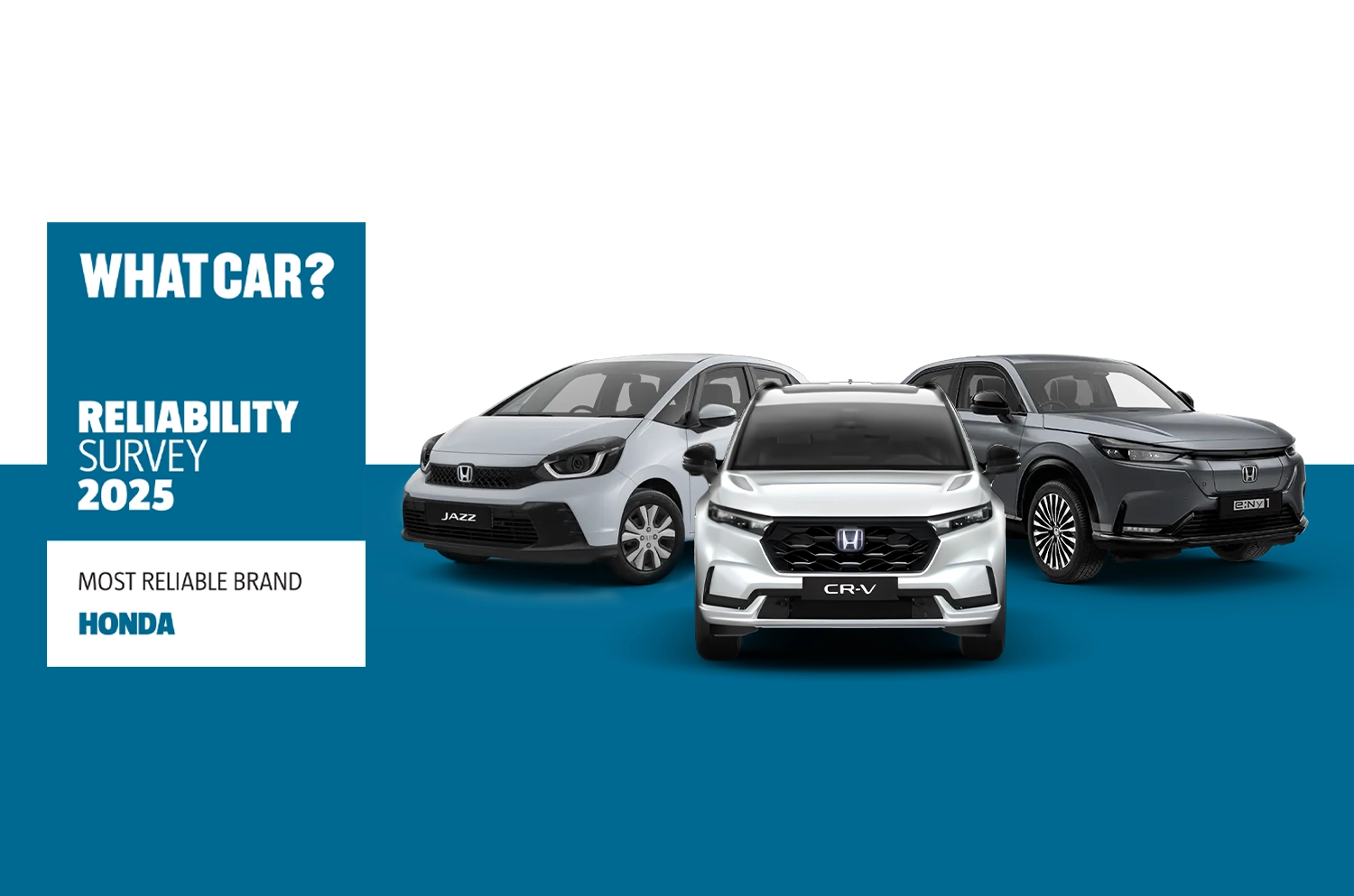
What Car? Reliability Survey Award 2025
As the saying goes, ‘you can’t put a price on peace of mind’, and with a Honda you needn’t worry. In a world where products are no longer built to last, society has sadly come to accept that things aren’t ‘made like they used to be’. At Honda we disagree. For decades our world-renowned Japanese engineering has been synonymous with reliability, and this commitment has been formally recognised by the What Car? Reliability Survey 2025 which has named Honda as the most reliable car brand for 2025.


